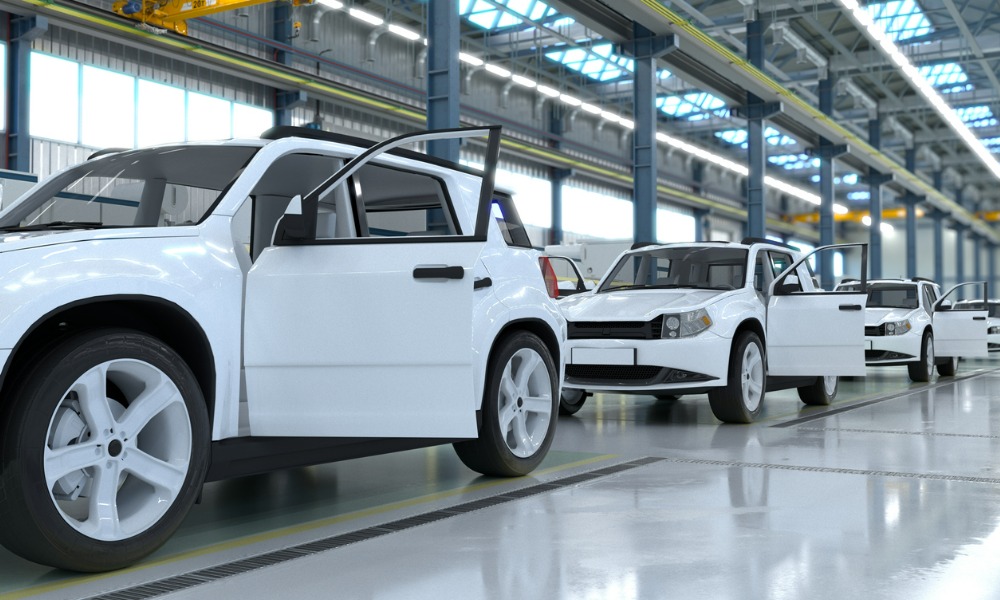A years-long outlook for the chip supply crunch could benefit the industry in some ways

The ongoing global pandemic has been characterized by multiple crises, including an as-yet unresolved logjam in supply chains for semiconductors. While it’s been a pain point for auto manufacturers, the vehicle industry could also potentially benefit from it in time.
In a research report published Sunday, RBC analyst Joe Spak noted how different factors have contributed to the current automotive chip shortage.
As noted by Barron’s, car companies under pressure to conserve cash in the face of dried-up demand stopped ordering supplies at the onset of the pandemic. Consumer electronics companies did not cut off their orders to the same degree, so when car demand came back stronger than expected, auto manufacturers found themselves crowded out.
Calamities also led to manufacturing challenges. Aside from a fire at a Japanese chip plant and the recent cold snap in Texas, more recent outbreaks of Covid in Malaysia are posing challenges to chip makers.
While many of the factors that beset today’s semiconductor manufacturers appear to be fleeting, Spak said there are potential structural reasons why chip capacity – and by extension, automotive production – could be limited over the coming years.
The rise of electric vehicles, he noted, could put demand pressure on semiconductor manufacturers. That’s because the novel functions they host, such as autonomous driving and power management, require intensive use of computing power.
Another factor, Spak said, is “automotive inflexibility.” Because the car business prizes reliability, automotive chips tend to lean more toward older, more-proven technology. Chip companies, on the other hand, aren’t inclined to invest in older tech.
The upshot, as he sees it, is for global light-vehicle production to be capped at around 90 million cars a year for the foreseeable future – flat relative to average production from recent pre-pandemic years – irrespective of what vehicle demand turns out to be.
New vehicle inventories will be lower for longer, which he said would mean better pricing for auto makers. The chip shortage has also pushed manufacturers to build nicer cars, which Spak said has been good from the perspective of vehicle mix.
Of course, that still leaves a few risks. Aside from near-term volatility in stock prices, auto makers could find that by the time the chip situation is resolved, demand for cars will have cooled, leaving them with unsold inventory.



